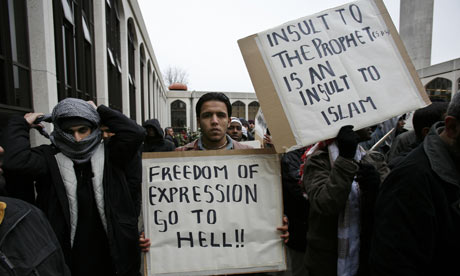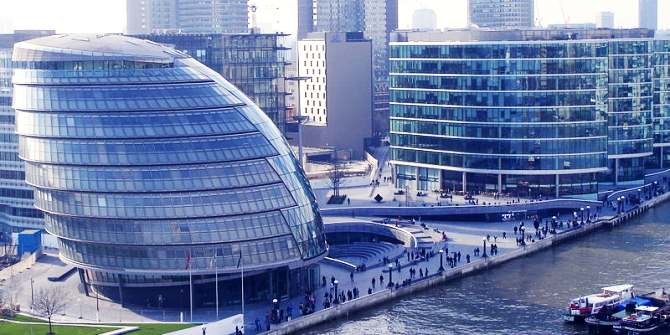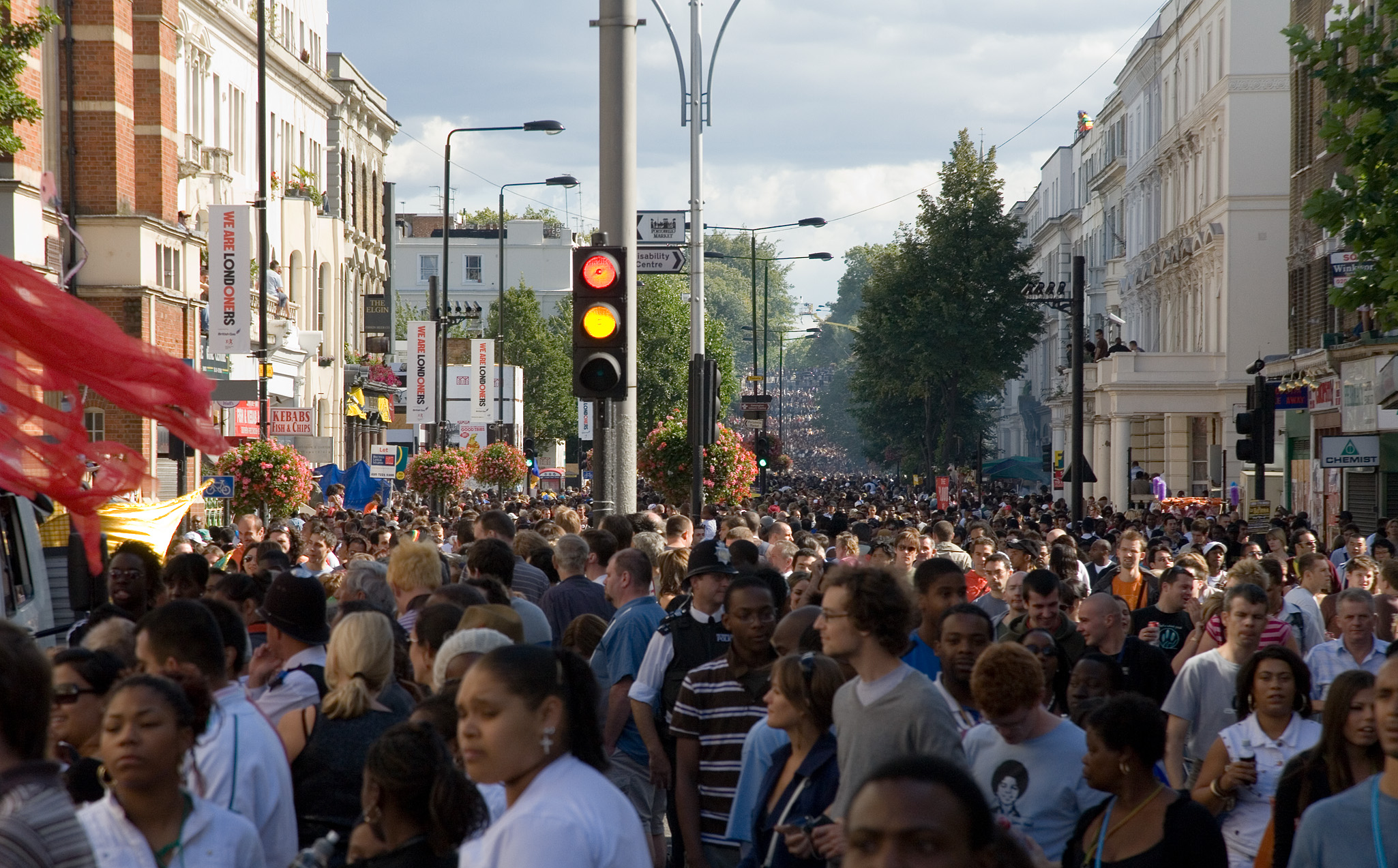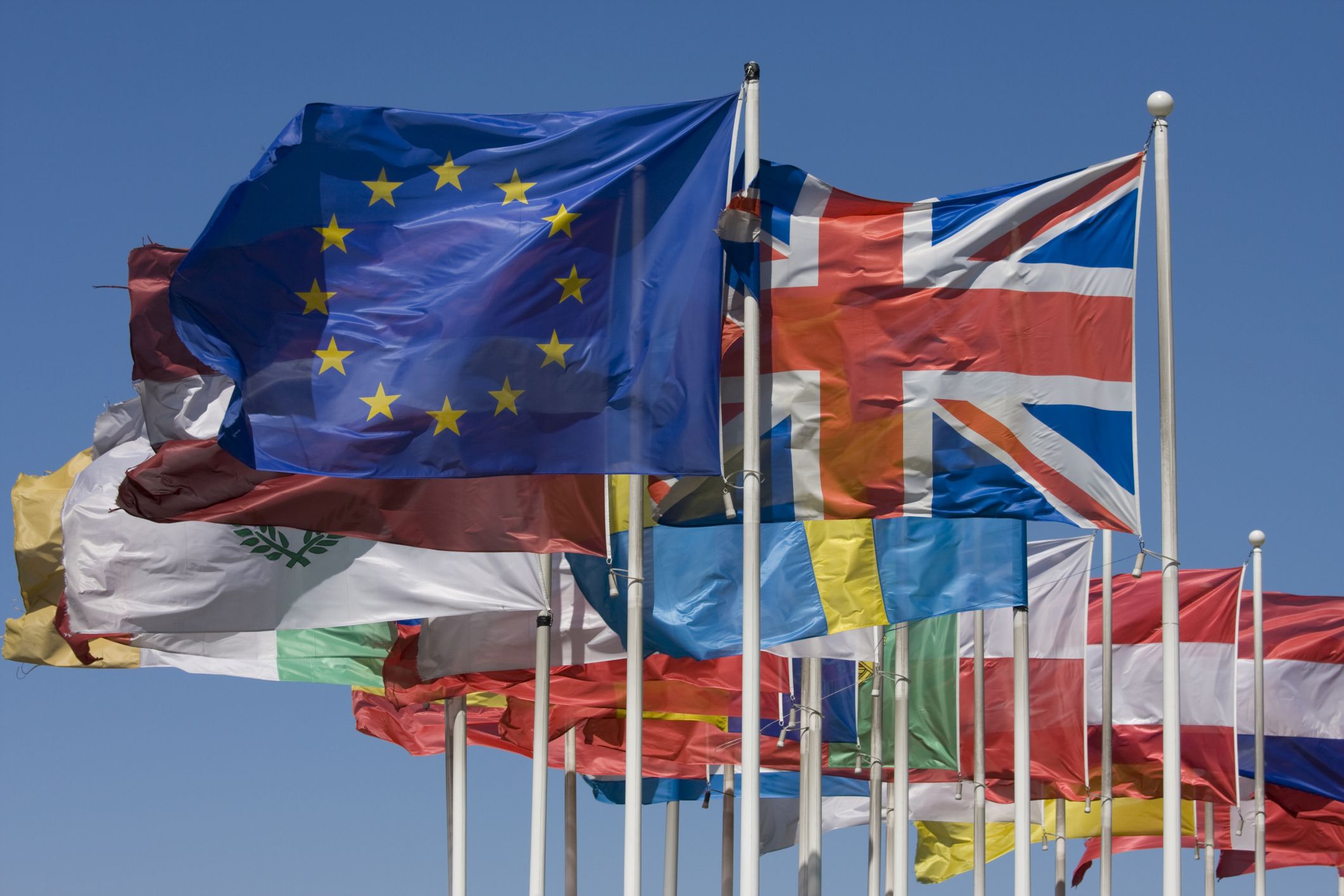By Syed Qamar Afzal Rizvi .
In the given European situation where in Islamophobia is at its zenith, the rising of a Muslim mayor of London serves to hold sufficient warrants to the fact that to the Londoners the choice regarding the would –be- mayor was judiciously based on’ liberal and neutral thinking’ as reflected by the result of election. By all means, the Muslim mayorship of London ushers in a new heraldry.
The British Labour party’s Sadiq Khan has been sworn in as London’s new mayor after comfortably beating his nearest rival, Conservative MP Zac Goldsmith.
Speaking at the ceremony at Southwark Cathedral on Saturday, Khan called the city the “greatest in the world”, adding he was “proud” and “deeply humbled” by his win.
“I want every single Londoner to get the opportunities that the city gave to me and my family…the opportunities not just to survive, but to thrive,” Khan pledged.
Roger Evans, the outgoing deputy mayor, said Goldsmith’s “very foolish” campaign left a “negative legacy which we in London are going to have to clear up long after the people who ran Zac Goldsmith’s campaign have gone on their way”.
Andrew Boff, a senior Tory on the London assembly, said: “I hope we don’t do this stupid thing again by trying to bring Sadiq down by saying he is an extremist. He is not an extremist. He went out and engaged with people with orthodox religious views. Dialogue is not assisted by shutting people out.”
The borough of Harrow, which has the largest Hindu population in London, voted for Khan, as did Brent which is home to Wembley Stadium and Modi’s brethren from Gujarat. Both these boroughs in north-west London are traditional Labour supporters as most ethnic minorities prefer this party over the Conservatives because of their more inclusive policies and tough stand on racism.
The office of the mayor
The office itself is also something of an anomaly. British governance tends to favor councils of local officials and collective government by cabinets of ministers. London’s mayor, by comparison, is elected by millions of voters from the city and its surrounding suburbs. Because most of Britain does not directly vote for the ministers in Parliament, let alone the House of Lords or the queen, the mayor can claim a stronger democratic mandate than perhaps any British politician other than the prime minister (who herself is not directly elected to that post, but assumes it as leader of the largest party in Parliament).
His resolve’s against extremism
In his latest interview given to Time, he says: ‘’But clearly, being someone who is a Muslim brings with it experiences that I can use in relation to dealing with extremists and those who want to blow us up. And so it’s really important that I use my experiences to defeat radicalization and extremism. What I think the election showed was that actually there is no clash of civilization between Islam and the West. I am the West, I am a Londoner, I’m British, I’m of Islamic faith, Asian origin, Pakistan heritage, so whether it’s [ISIS] or these others who want to destroy our way of life and talk about the West, they’re talking about me’’. What better antidote to the hatred they spew than someone like me being in this position?…. My experience in relation to taking on the preachers of hate was saying to them it’s compatible being British, being Western, being Muslim. I’ve experienced the receiving end of this extremism, whether it’s the extremists campaigning against me when I stood for Parliament in 2005 and 2010 and 2015, saying somehow it was haram — sinful — to vote, let alone to stand for Parliament. I’ve been on the receiving end of a fatwa when fighting for equality in relation to same sex marriage [in 2013], so I understand what that’s like’’, he adds.
His pro EU’s stand
Mr Khan said the Brexit campaign was putting at risk the rights of around a million EU citizens in London to live and work here. If Britain left the EU they could end up “having to leave London”, he said. The army of Europeans in London could become a significant political force as they make up around 10 per cent of the capital’s electorate. Conservative MEP for London, Charles Tannock, said it could be the first major election where EU citizens are a major factor. “Generally EU citizens don’t turn out in large numbers for local elections and have been traditionally ignored by mainstream parties and candidates for that reason,” he told the Evening Standard. Mr Khan said that Euro-voters could become a significant factor because of the In-Out referendum. “Britain’s role in Europe is absolutely critical for all Londoners — supporting hundreds of thousands of jobs, and helping us keep Londoners safe,” he told the Standard.
“But our relationship with Europe is of even greater concern for the half a million European citizens in London. If Zac Goldsmith has his way and drags London out of Europe, they face massive uncertainty and even the prospect of having to leave London altogether.
His reaction to Trump’s views
Sadiq Khan accuses Donald Trump of making the world ‘less safe’ because of his ‘ignorant view of Islam’. Mr Khan said his call to ban Muslims entering the US ‘risks alienating mainstream Muslims around the world and plays into the hands of the extremists.’
He added: ‘Donald Trump and those around him think that western liberal values are incompatible with mainstream Islam – London has proved him wrong.’
Yesterday the newly-elected London Mayor said he was planning to visit the US before this year’s presidential elections in November ‘in case Donald Trump wins.’
But Trump, asked whether his proposal to ban Muslims would affect Mr Khan, said: ‘There will always be exceptions’.
London’s mayor & Multiculturalism
Being as London Mayor who symbolizes as the person to serve the interests of all social groups without making any distinction to their cast creed and faith, he may seems to be the true representative of a multiculturalist London. Khan, for his part, does not see his identity as a British Muslim in binary terms. “I’m a Londoner, I’m European, I’m British, I’m English, I’m of Islamic faith, of Asian origin, of Pakistani heritage, a dad, a husband,” he said in a New York Times interview.
Assimilation may be more appropriate in terms of national language acquisition before naturalization; individualist-integration may provide the model for non-discrimination in the labour market; yet multiculturalism may be the basis for supplementing electoral representation (if minorities are under-represented) and in creating new attitudes of inclusivity and in rethinking national identities. Thus perhaps the ultimate meaning of multiculturalism is not as one mode of integration but as the perspective which allows all modes of integration their due, including, crucially, communitarian multiculturalism.
This is particularly important at a time when many centre-left critics of multiculturalism celebrate hybridity, fluidity and cosmopolitian identities. These are indeed worthy of celebration but we should not overlook the conservative, community-maintaining aspect of multiculturalism. Communitarian multiculturalism may currently be viewed as undesirable by various publics and policymakers. Given how central groups such as Muslims have become to the prospects of integration on a number of fronts, it is unlikely that integration can be achieved without some element of this approach. Perceptions of Muslims as groups, by themselves and by non-Muslim majorities, are hardening.
The key question is whether Muslims are to be stigmatised as outsiders or recognised as integral to the polity. The enlargement, hyphenation and internal pluralising of national identities is essential to an integration in which all citizens have not just rights but a sense of belonging to the whole, as well as to their own ‘little platoon’.
The Cosmopolitan London versus Communitarian Europe
It goes without saying that the rift between cosmopolitan English society and the communitarian Europe has paved the way for Brexit. If Britain votes for Brexit, or (more likely) votes to stay with a perilously narrow margin, many will fault the governments that, it is and will be said, have let in more immigrants than the country is capable of absorbing. Such arguments will be inadequate. Concerns about strained services and undermined wages are not just about those services and wages. They also express the growing gap in perceptions and culture between the “cosmopolitan” parts of the country and “communitarian” ones.
The gulf in attitudes towards immigration and the associated divide on the EU is just a symptom of this. And the enticingly simple but quack remedy of slamming the door on the continent and its citizens is no answer. The real one—which probably involves letting the generational churn towards liberal attitudes take its effect while improving adult education and retraining programmes and better connecting left-behind parts of the country with the booming cities—will prove altogether harder work. Under these circumstances, the role of London’s mayor seems very significant. The phenomenal victory of a pro EU mayor in London may positively influence the result of the referendum that is going to be held on 23rd June.
What Europe needs today
The former human rights lawyer and the son of a bus driver from Pakistan may not see himself as a role model for the million plus Muslims who have entered Europe in search of shelter, safety and jobs.
But he should. And so should the many other European Muslims — whether practising or not — who are proud Britons, French, Dutch, German or Belgian. Because unless their stories are told and retold, the pervasive narrative of Muslims as “the other”, as aliens who can never become “true” Europeans will go on and on.
The counter-narrative to the anti-Muslim discourse is more imperative than ever. It is needed to ensure that as European governments struggle to deal with the challenge of receiving the newcomers, including thousands of children, their focus is not just on the misfits and extremists but on the millions of Muslims who are an integral part of Europe’s politics, society and economy. The anti-Islam rhetoric has already seeped into the political mainstream.
Talk to any European policymaker and the discussion soon turns to Muslims and their “failure to integrate”. Attitudes of Muslims towards women and gays are often cited as one glaring example of the disconnect between “real” Europeans and Muslims. Certainly, the increasingly virulent — and increasingly popular — Far Right parties see the unwanted newcomers as a threat to Europe’s values and to European security. Many governments in Eastern Europe make no secret of their fear of Islam.
The message should be clear: integration is a two-way street, requiring adjustment efforts by migrants and host societies. Newcomers must abide by existing rules so that they can become part of the conversation. But in exchange they should be accepted as full-fledged members of society.









